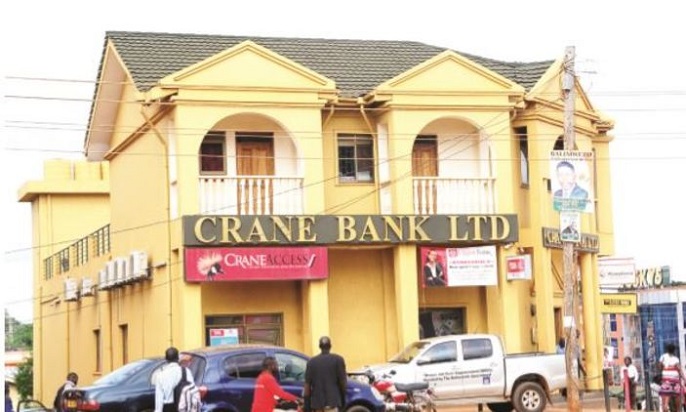The World Bank has called on the government to streamline the tax incentives regime for investors, as one way of increasing domestic revenues and curbing leakages.
Tax incentives in Uganda come in the form of tax holidays, tax waivers, and refunds, among others, aimed at attracting mainly foreign investors into the country.
World Bank Country Manager in Uganda, Mukami Kariuki says the Ministry of Finance must expedite the Tax Exemption Rationalization plan so that there is a clear policy on who is entitled to these incentives.
She says this should be part of increasing domestic revenue mobilization, adding that local governments should also be strengthened to increase their own revenue sources to make them more self-reliant.
Mukami who was speaking on Thursday at a dialogue, called for the government ministries, development partners, the private sector, and civil society to discuss means to ensure a sustained economic revival.
According to the International Growth Centre, Uganda lost 2.411 trillion shillings between the financial years 2014/2015 and 2017/2018, based on their study of the data provided by the Uganda Revenue Authority.
SEATINI Uganda, a regional trade and tax rights NGO estimates that Uganda loses 1 trillion shillings a year through tax incentives.
The International Monetary Fund has previously spoken against poor countries using tax incentives to compete for foreign investors, in what the lender terms ‘race to the Bottom’ in East Africa.
Former minister for Agriculture, Animal Industry, and Fisheries Victoria Sekitoleko wondered why the talk about incentives is usually targeted at foreign investors and focuses much less on indigenous Ugandans.
Sekitoleko, who is also the Chairperson of Uganda Agribusiness Alliance, says the government has always handled tax management in disregard of the indigenous investors, yet according to her, there are no government plans to increase the capacity of local investors, especially small and medium enterprises.
The Permanent Secretary at the Ministry of Finance, Planning and Economic Development, Ramathan Ggoobi assured the dialogue that the plan is in advanced stages to streamline the tax incentive regime.
The Ministry says this is part of the domestic revenue mobilization strategy and the Charter of Fiscal Responsibility all aimed at improved management of revenues and reducing the need for debt.
Ggoobi says that under the plan, investors that are granted incentives will have to commit to meet some conditions in their operations, including the creation of jobs, support to other economic activities, and other economic linkages, and that the ministry will closely monitor these commitments.
Government has over the years granted both discretionary and non-discretionary tax incentives to attract investment in strategic sectors, meaning there are some incentives that an investor is entitled to, but there are those that the ministry can give or deny.
On support to the local private sector, Ggoobi says the local investors should continue utilizing the available sources of capital like Emyooga, Operation Wealth Creation, and the products at the Uganda Development Bank.
Ggoobi believes that Uganda has performed better than most countries in supporting the private sector either through policy or funding.
The government also came under criticism over unnecessary expenses in times of economic hardships, including what they call lavish spending on officials.
Ggoobi says they are adjusting in the way officials are facilitated, but adds that some incentives given to them are by policy and so they are entitled to them, for example being high-performance cars.
Arthur Bainomugisha, the Executive Director, ACODE, the Advocates Coalition for Development and Environment, says that the government should rely on the policies they make instead of individuals making political statements that usually have no consequences.
He says this is one of the reasons why disasters usually have far-reaching consequences because the government does not have policies that would enable agencies to plan against disasters like floods.
The government was also warned that unless it became more prudent in spending the current economic environment will have even worse effects on the people as service delivery will deteriorate.
The government has confessed that it does not have money to money to meet some budgetary obligations including the financing of the highly billed Parish Development Model.
The Ministry of Finance says that it will now release the planned 100 million shillings to parishes, in installments of 25 million per year.
Richard Newfarmer, the Country Director International Growth Centre in Uganda, says the country still faces economic risks and that it should focus on increasing domestic production and value addition to avoiding external shocks like high commodity prices.
He says, however, that there is hope currently that the economic situation will ease though it will take longer to normalize especially as export markets will remain suppressed for some time.
The Managing Director, Postbank, Julius Kakeeto warned that the recovery of the economy might not go as forecasted because of external events.
Kakeeto cites China, one of Uganda’s main trade and development partners which has reintroduced lockdowns to tame new cases of Covid-19.
He says this will not only affect the government but also the private sector operators who could see their sales stay low for long.
-URN





